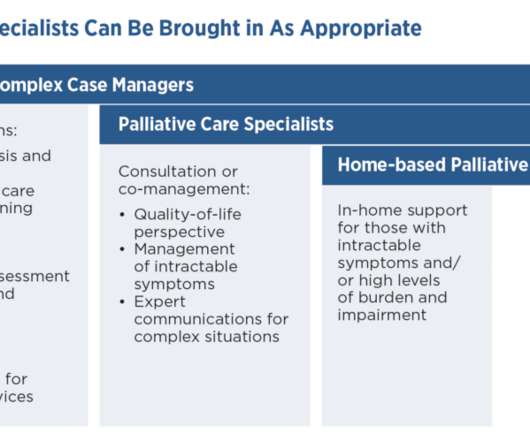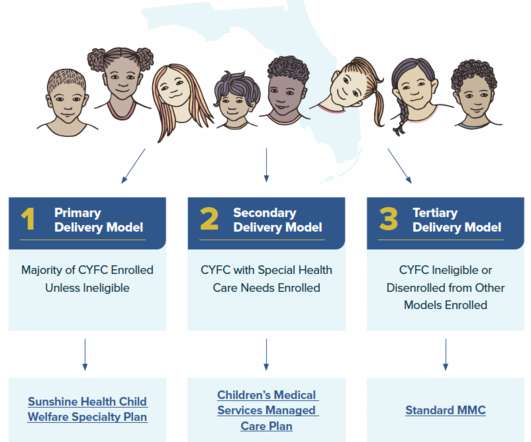Cyberattacks: A Recipe for Nurse Burnout and Compromised Patient Care
HIT Consultant
AUGUST 5, 2024
As technology continues to advance and transform healthcare, the role of nurses is also evolving to include new responsibilities beyond patient care. With the increasing reliance on EHRs, telemedicine, and digital technology, hospitals face a growing risk of cyber threats.



















Let's personalize your content